
Time for real talk about "Realism".
This is the first of multiple threads on how I teach "Realism" to my Intro to International Relations students.
The goal is to #KeepRealismReal
[THREAD]
This is the first of multiple threads on how I teach "Realism" to my Intro to International Relations students.
The goal is to #KeepRealismReal
[THREAD]
When I teach my Intro to International Relations students how "Realism" developed as an idea/theory/school/paradigm, I ground it in the real world issues facing scholars at the time they wrote.
Why? because that's what those scholars did. Hence, #KeepRealismReal
Why? because that's what those scholars did. Hence, #KeepRealismReal
I start with work written in the 1920s.
That means no Machiavelli, no Hobbes, or no Thucydides
That means no Machiavelli, no Hobbes, or no Thucydides
https://twitter.com/ProfPaulPoast/status/1288440923752484867
Why the 1920s?
Following World War I, lots of funding went into the study of international relations.
This founded places like @CFR_org & @ChathamHouse.
Following World War I, lots of funding went into the study of international relations.
This founded places like @CFR_org & @ChathamHouse.

These places, in turn, served as forums for debating the key issues of the time.
They published those discussions in their in-house journals, such as @ForeignAffairs & @IAJournal_CH.
academic.oup.com/ia
They published those discussions in their in-house journals, such as @ForeignAffairs & @IAJournal_CH.
academic.oup.com/ia
Reading the articles published in those journals during the 1920s is a great exercise. That's my starting point.
What becomes clear is that a key issue of concern was disarmament
academic.oup.com/ia/article-abs…
academic.oup.com/ia/article-abs…
The key questions are:
1) will states (mostly the major powers) give up their guns (or give up the right to use them)?
2) If not, why not?
3) If not, does it matter?
Realism would become the school of thought that answers "no" to #1, debates #2, & answers "yes" to #3.
1) will states (mostly the major powers) give up their guns (or give up the right to use them)?
2) If not, why not?
3) If not, does it matter?
Realism would become the school of thought that answers "no" to #1, debates #2, & answers "yes" to #3.
1928 was a key year for this debate, as it was the year that the Kellogg-Briand treaty -- the treaty to ban war -- was signed. 
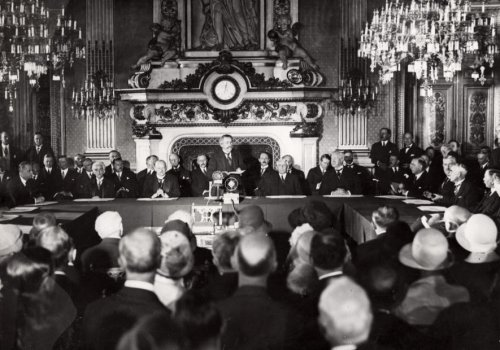
Others didn't think this could work, namely Philip Kerr.
academic.oup.com/ia/article-abs…
academic.oup.com/ia/article-abs…
Let's focus on Kerr's work. He was the private secretary to Prime Minister David Lloyd George during WWI and later British Ambassador to the US during the start of WWII. 

Kerr talks of idealists (such as Ponsonby), who think the treaty will work, and of "practical people", who do not (even though they wish it would) 
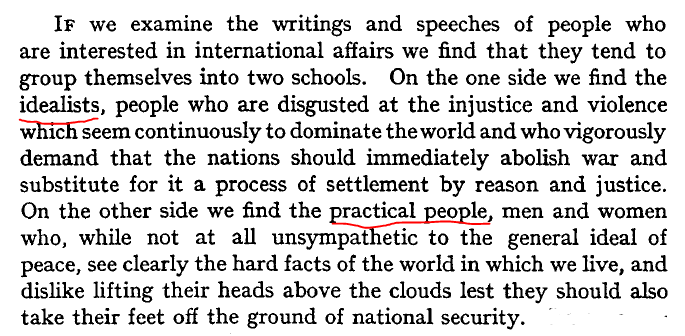
Why don't "practical people" think it will work? This is, in my view, a great summary of the core idea of (what will eventually become) Realism 
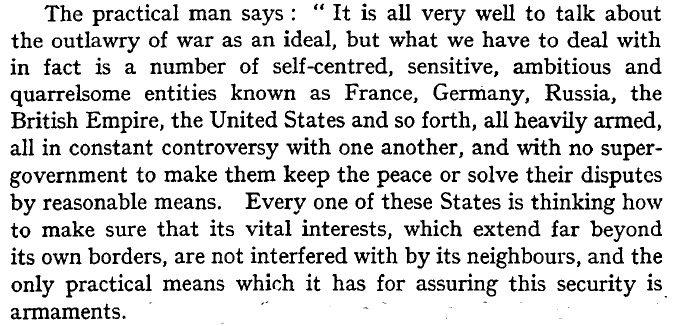
Later on in the piece, Kerr highlights another key reason that outlawing war seems unlikely to work: the security dilemma 

Kellogg-Briand was just one armament/banning of war treaty being created at the time.
There was the 1922 Washington Naval Treaty, the 1925 Locarno Treaties, the 1930 London Naval Conference, the Geneva Conference starting in 1932 and, of course, the League of Nations itself
There was the 1922 Washington Naval Treaty, the 1925 Locarno Treaties, the 1930 London Naval Conference, the Geneva Conference starting in 1932 and, of course, the League of Nations itself
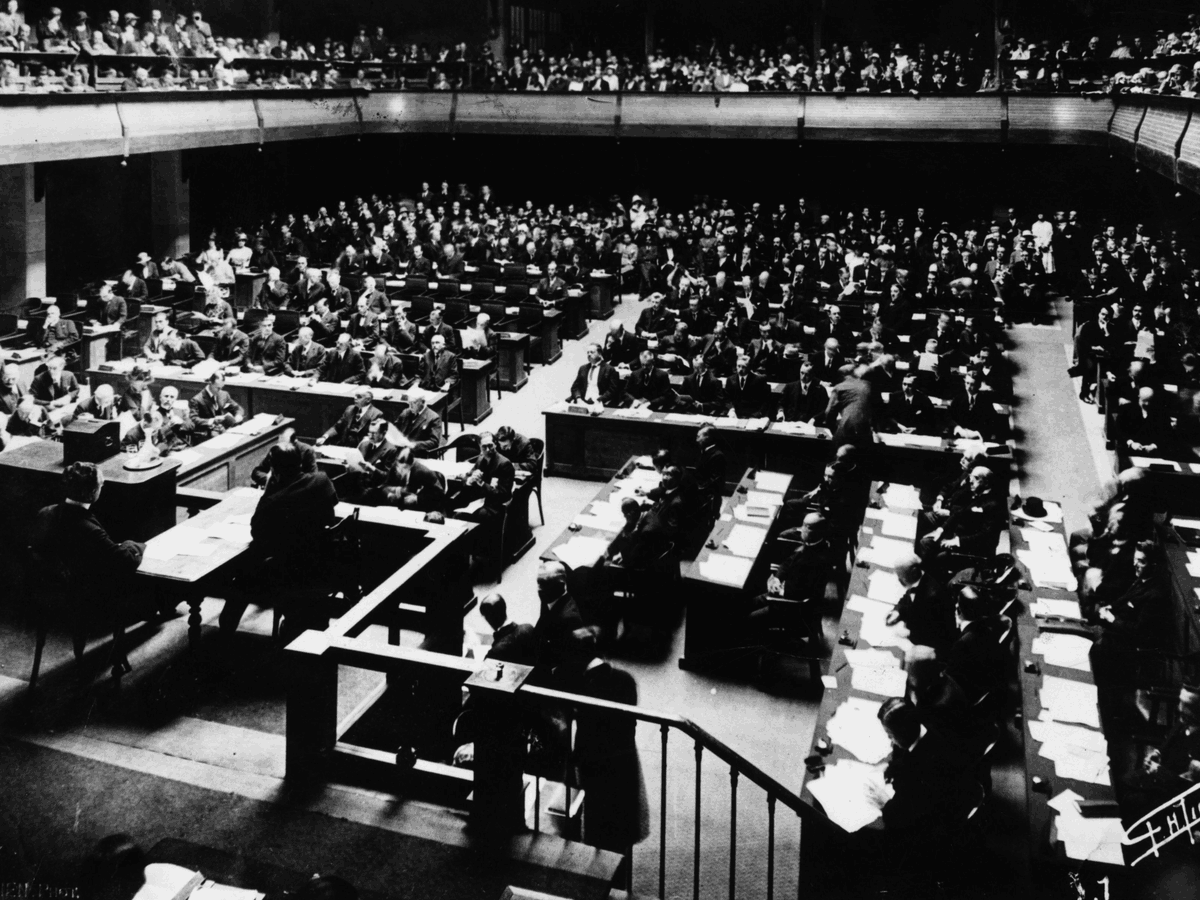
And these attempts are following the "model" for such treaties: the Hague Conventions of 1899 & 1907 
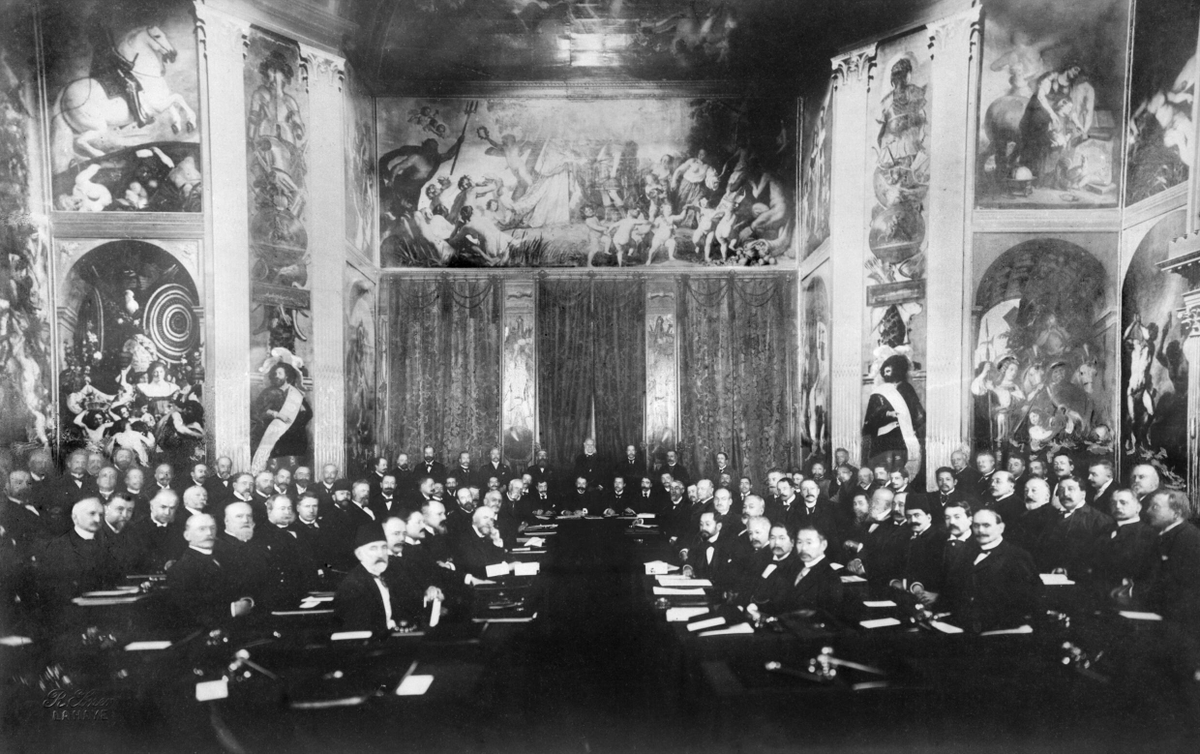
Those Conventions, and their relevance for subsequent arms control, leads to the next key piece to consider: Merze Tate's doctoral dissertation. 
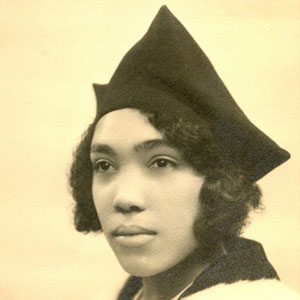
She began the dissertation in 1933, inspired by the Geneva Conference. The goal was to understand the lessons from the Hague Conventions.
The lessons are well captured in the dissertation's eventual title
The lessons are well captured in the dissertation's eventual title
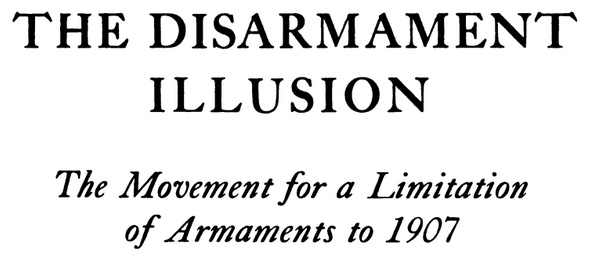
The work contains (pp 347-348) a clear statement of what Mearsheimer (we'll come to him in a later thread) would later call "The Tragedy of Great Power Politics" 
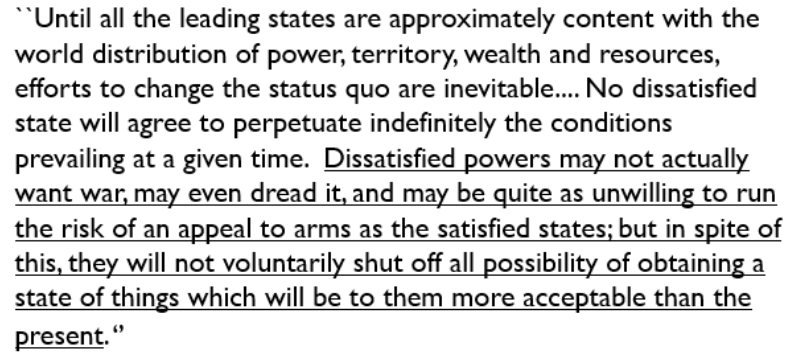
So authors such as Kerr and Tate hold that disarmament won't happen, that the failure is due to a security dilemma (though without using that term), and that this is super important for understanding international politics.
That's the core of (what will be called) Realism.
That's the core of (what will be called) Realism.
While Kerr and Tate did not use the label "Realist" to describe their views, that label would arrive soon.
That's the focus of the next #KeepRealismReal thread: Carr & Morgenthau
[END]
That's the focus of the next #KeepRealismReal thread: Carr & Morgenthau
[END]
• • •
Missing some Tweet in this thread? You can try to
force a refresh




